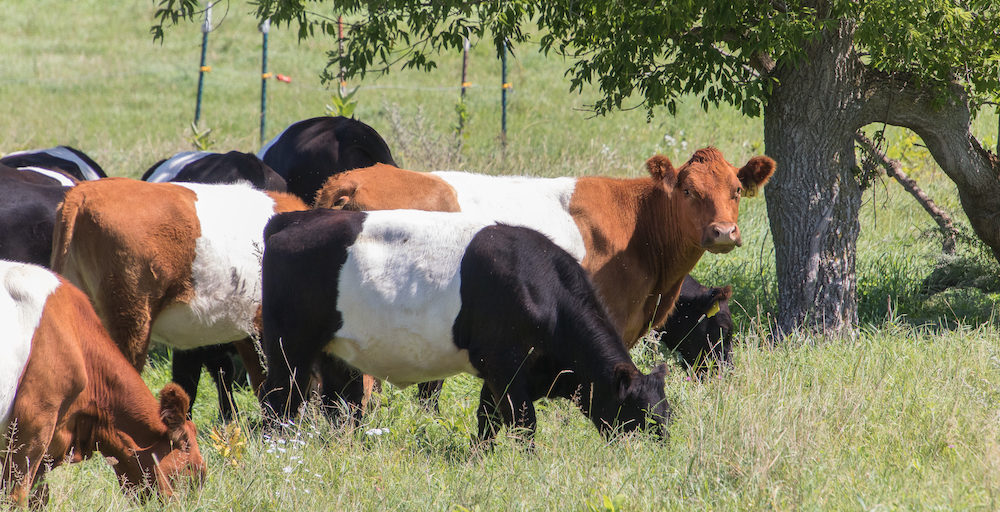
I usually introduce these Deep Roots Radio podcasts by saying that I hope you enjoy them.
Well, this time I’m taking the extra step to encourage you to listen for the sake of your health, and for the critical dietary needs of every infant and child within your circle of influence.
Over the last few years, news reports have pointed to research debunking long-held food “truisms”: that butter is bad, oils are good, red meat leads to heart failure, cholesterol will kill you, wine is a no-no, children should eat low-at foods, fat is what makes you fat, etc. What we’re learning now is that eggs are good, butter is better, pastured livestock provide critical nutrients, sustainably-produced lard is healthful, we need cholesterol to heal, it’s sugar that leads to obesity, we need to eat some salt, and more.
In this Deep Roots Radio interview, Sally Fallon Morell, founding President of the Weston A. Price Foundation, explains how her organization taps science and provides cooking instruction to bring traditional foods and their preparation back into households all over the world. Yes, there is lots of scientific research pointing to the life-long benefits of eating like our great-grandparents did.
You can find a wealth of information – documentation and cooking techniques – on the Weston A. Price Foundation website, www.westonaprice.org; in their quarterly journals; Sally Fallon Morell’s books; and at the Foundation’s annual meeting – WISE Traditions – being held in Minneapolis, Minn., November 10-13, 2017.
 Sally’s books include:
Sally’s books include:
– Nourishing Traditions: The cookbook that challenges politically-correct nutrition and Diet Dictocrats (2000)
– Eat Fat Lose Fat (2005)
– Nourishing Broth (2014)
– Nourishing Fats: Why we need animals fats for health and happiness (2017)
In 2009, Sally and her husband Geoffrey bought a farm in southern Maryland. P.A. Bowen Farmstead is a mixed-species, pasture-based farm producing award-winning artisan raw cheese, whey-fed woodlands pork, pastured poultry and pastured eggs.
Sally holds a B.A. from Stanford University, and an M.A. from UCLA.
It was a pleasure to converse with Sally, and I look forward to meeting her at the November conference. There’s still time to register.
Till then, I hope you enjoy this interview.




